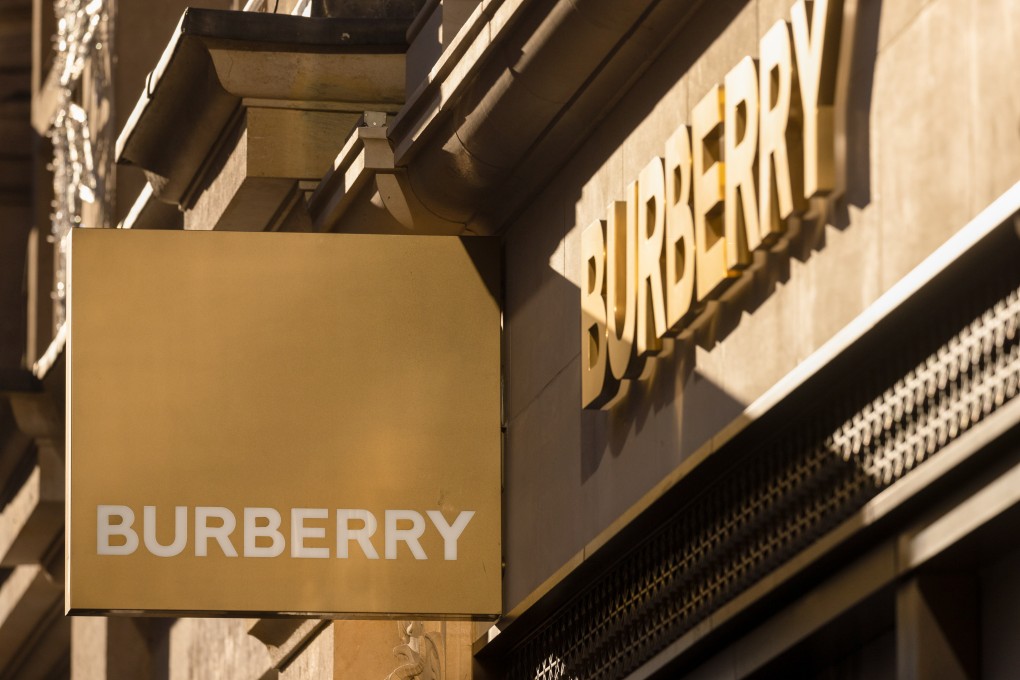Advertisement
Burberry forecasts 35 per cent surge in annual profit as luxury fashion brands bounce back from pandemic
- The London-based fashion house predicted a 35 per cent jump in profit for the current financial year
- Sales of luxury brands are gradually returning to their pre-pandemic levels thanks to robust growth of online sales, says analyst
Reading Time:2 minutes
Why you can trust SCMP

Burberry Group predicted a 35 per cent jump in profit for the current financial year, driven by a surge of online sales as luxury brands recovered from the pandemic.
The London-based fashion house said full-price sales accelerated 26 per cent in the last three months of 2021, with the Americas showing “strength” and Asia-Pacific showing improvement.
“Full-price sales continued to grow at a double-digit percentage compared with two years ago, accelerating from the previous quarter and reflecting a higher quality business,” said chairman Gerry Murphy in a press release on Wednesday.
The jump in sales came as luxury brands slowly rebounded after they were battered by travel restrictions, quarantine measures and sluggish economic growth brought on by Covid-19. Changes in strategy among the the major players have been largely paying off.
Advertisement
Full-price sales through digital channels recorded high double-digit growth compared with 2020, Burberry said. The company has seen strong momentum on platforms such as video sharing site TikTok.
The luxury fashion house and peers such as Louis Vuitton have turned to non-fungible tokens (NFTs) and gaming to promote their brands, as interest in digital art takes off. The company released an NFT character called Sharky B for Mythical Games’ multiplayer online game Blankos Block Party in August.
Advertisement
Burberry’s share price added 6.8 per cent to £198.25 (US$270.48) in London on Wednesday, on track for its biggest rally since November 9, 2020.
Advertisement
Select Voice
Select Speed
1.00x
